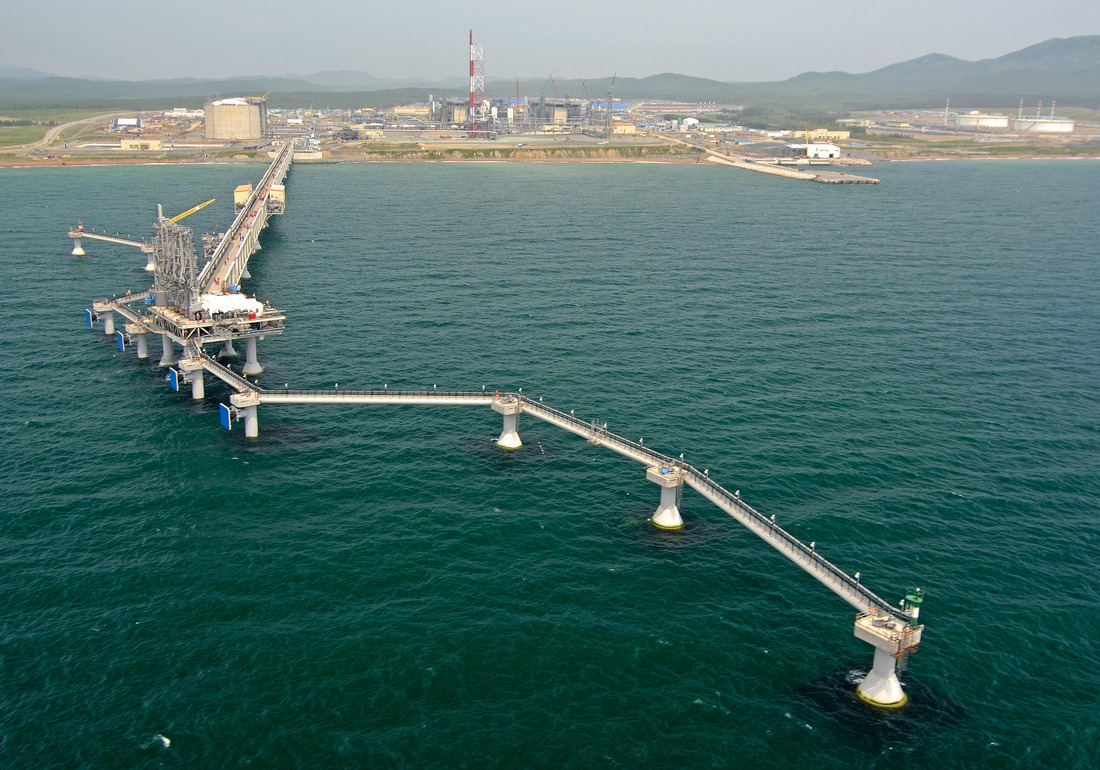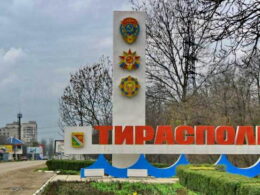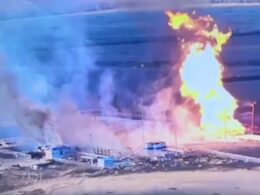A recent surge in European gas prices, triggered by Ukraine’s counter-invasion of Russia’s Kursk Oblast, is set to increase Russian revenues from fossil fuel sales to the EU, widening the gap between these payments and the total EU support provided to Ukraine, reports Euractive.
According to an analysis by think-tank CREA, EU countries have paid €200 billion ($220 bn) for Russian fossil fuels since the start of the invasion in February 2022, while total EU and US support to Ukraine stands at €185 billion ($203 bn), as tracked by the Kiel Institute for the World Economy.
The unexpected 13% rise in gas prices over the last week is attributed to Ukraine’s actions in Kursk, a key region for Gazprom’s gas pumping operations to Europe. Trade publication EnergyFlux explains, “The bull run is a speculative bet on supply-side disruptions.”
However, some analysts caution against overreaction. Seb Kennedy of EnergyFlux writes that disruptions are “by no means guaranteed to happen,” while analyst Tom Haddon describes the price surge as “overblown.”
Despite efforts to reduce energy imports from Russia, the EU’s financial flows to the Kremlin continue. CREA reports that between 29 July and 4 August, EU countries spent over €400 million ($440 bn) on Russian energy, primarily gas and oil.
While this represents a significant decrease from the €5.3 billion ($ 5.8 bn) spent in March 2022, it highlights the ongoing challenge of completely severing energy ties with Russia. An analysis by Brussels-based think-tank Bruegel shows that while Russian coal imports have been banned and oil imports have drastically reduced, gas imports have only fallen by about 75% since 2021.
A group of MEPs warned in March that Europe “remains the largest customer of Russian pipeline and LNG gas,” urging for a comprehensive ban on Russian energy commodities. The situation remains largely unchanged, with long-term contracts and infrastructure dependencies complicating efforts to cut ties completely.
Effective in early August, New EU gas market rules allow member states to ban Russian LNG imports unilaterally. However, no country has yet taken this step, although Lithuania called for a “divorce from Russian LNG” in July.
Read also:
- Ukraine boosts morale and negotiating power with Kursk incursion, says Lithuanian minister
- ISW: Ukrainian forces’ advance in Kursk Oblast slows, Russians dig trenches
- “Dilemma for Putin”: Biden comments on Ukrainian Armed Forces’ operation in Kursk Oblast for the first time






